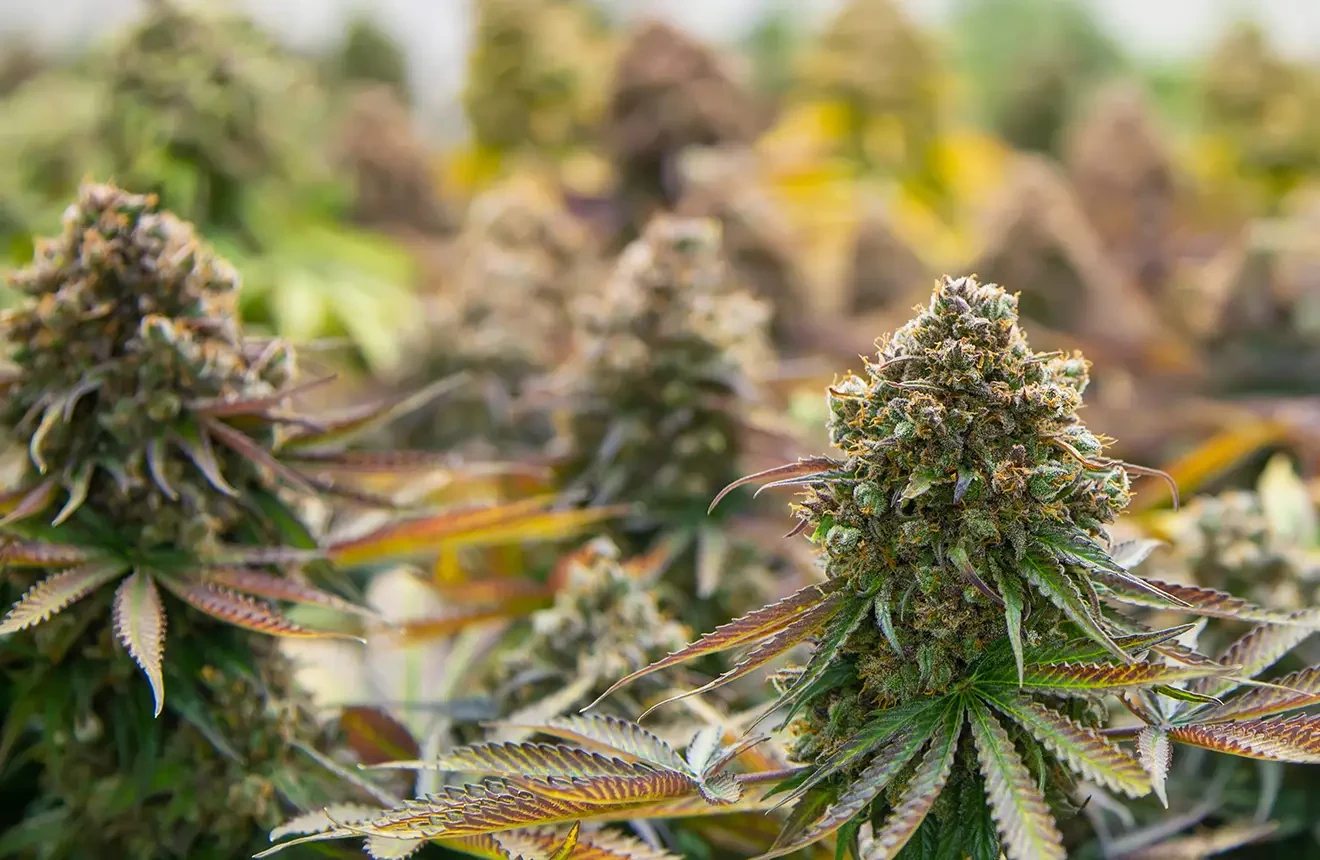Kratom, a tropical tree native to Southeast Asia, has gained popularity as of late for its implied medicinal and recreational purposes. Nonetheless, whether is kratom legal is a subject of progressing debate and varies broadly across various locales.
Understanding Kratom:
Kratom, scientifically known as Mitragyna speciosa, contains alkaloids that interact with the narcotic receptors in the brain, leading to both stimulant and sedative impacts. Traditionally utilized in Southeast Asia for its analgesic and temperament-enhancing properties, kratom has tracked its way into Western markets, where clients investigate its potential benefits.
State-by-State Regulations:
While kratom isn’t federally banned, its legality varies at the state level. Several states have passed legislation to regulate or ban the sale and ownership of kratom.
Local Municipal Regulations:

Past state regulations, is kratom legal can be further nuanced by local ordinances. A few urban communities and districts have executed their limitations or preclusions, regardless of the broader state stance. This patchwork of regulations adds intricacy to understanding the legal landscape of kratom use.
Concerns and Discussions:
The legal status of kratom is impacted by worries and discussions encompassing its safety and potential for abuse. While advocates emphasize its natural starting points and its potential as an alternative to narcotics for pain management, pundits argue that kratom may present dangers, including addiction and reliance.
Advocacy and Shopper Activism:
Kratom’s legal status is also affected by advocacy and customer activism. Advocates of kratom frequently feature its alleged benefits in managing ongoing pain, anxiety, and narcotic withdrawal side effects. They argue that capable use ought to be secured, and inside and out bans would deny individuals of a potential alternative therapy.
Global Viewpoints:
Internationally, the legal status of kratom varies significantly. In certain nations, like Thailand and Malaysia, where kratom is native, it is illegal because of worries about its impact on general health and the potential for abuse. In contrast, other nations, including Canada and certain European nations, have taken a more lenient approach, allowing its sale and utilization.
The legal status of kratom is a complex and developing landscape, impacted by a range of factors, including federal, state, and local regulations, worries about safety, and advocacy endeavors. As open awareness of kratom keeps on developing, the debate encompassing its legal standing is probably going to continue. Individuals keen on involving kratom ought to stay informed about the regulations in their particular location and be aware of potential changes in the legal landscape.



